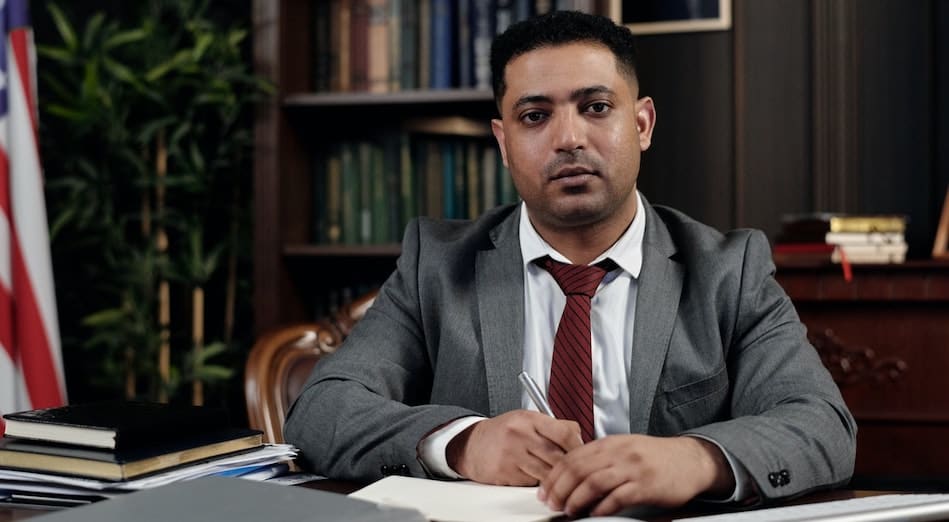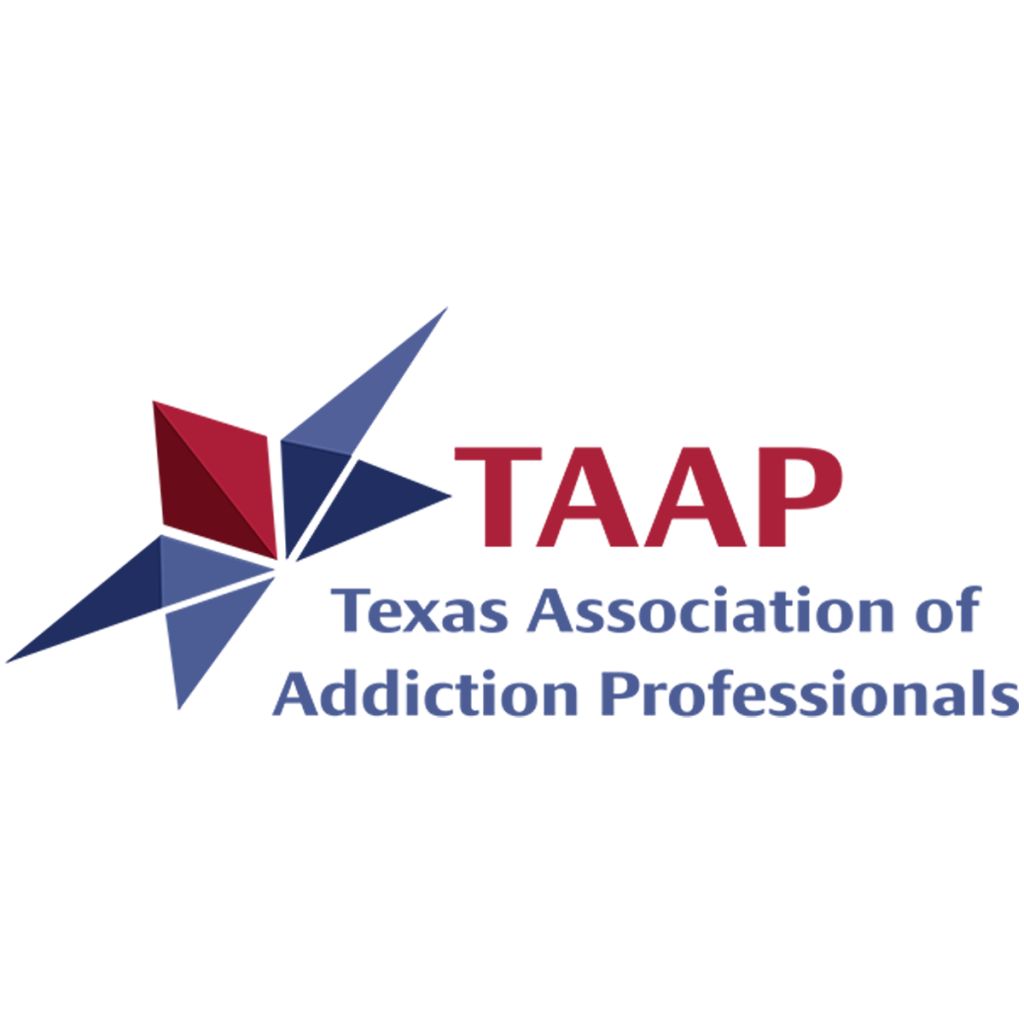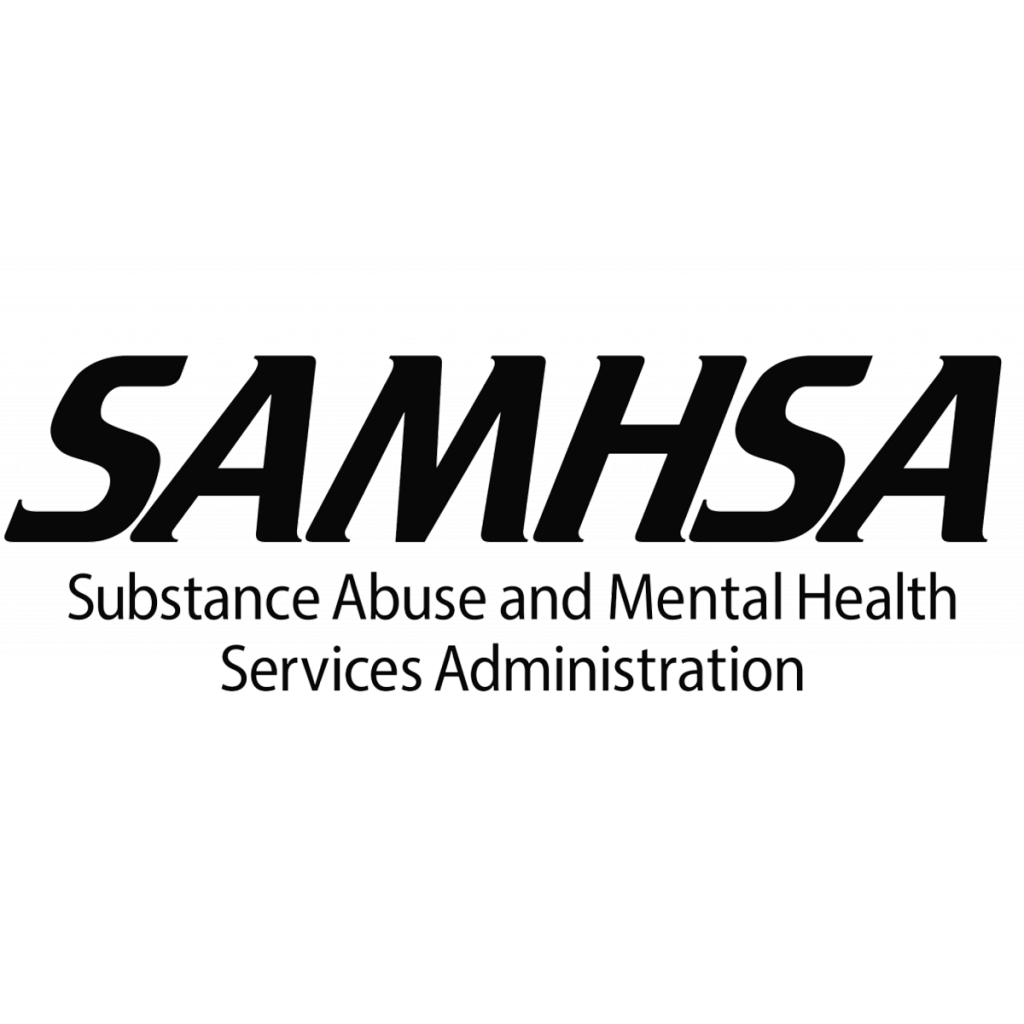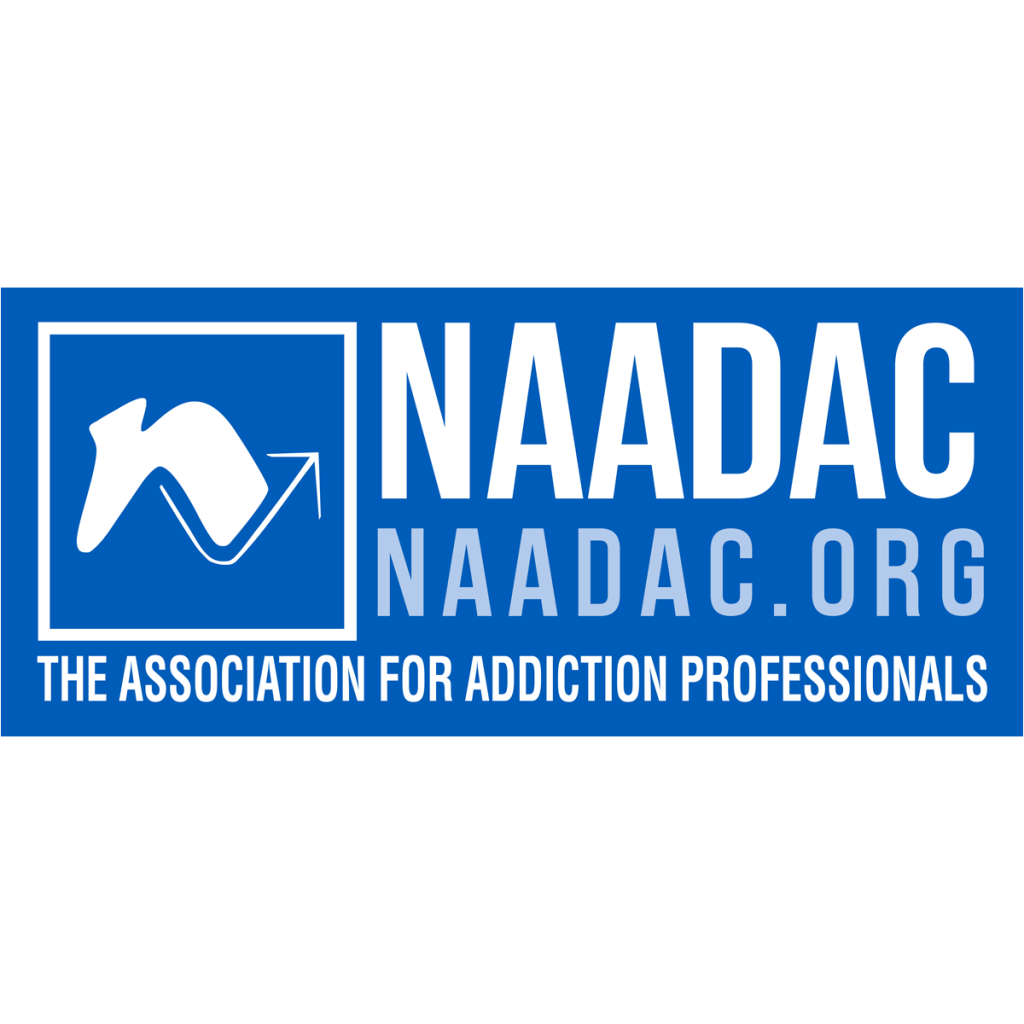Table of contents
Professionals in certain industries are more likely than others to struggle with substance abuse and addiction issues. Lawyers, in particular, tend to have high-stress jobs and they frequently face a lot of pressure to succeed. Sometimes, this can produce mental health problems and drive individuals toward a lifestyle of substance abuse or alcohol abuse. Let’s take a closer look at substance abuse and addiction among lawyers to understand the common signs, how stigma sometimes keeps lawyers from getting help and what addiction treatment and recovery can look like for lawyers.
Related post: Substance Abuse in the Restaurant Industry
Common challenges of legal professions
Researchers have determined that legal professionals are a high-risk group for substance abuse and alcohol abuse. Although we tend to make jokes about lawyers, they typically work relentlessly, dealing in complex situations and highly complicated legal matters. Many lawyers develop mental health problems or succumb to stress and unrealistic expectations and use alcohol or drugs to cope.
High-stress education and career
As students study to become lawyers, the intensity of their studies can become overwhelming, which may push some students to rely on alcohol to cope. Or they may use alcohol as a reward for living up to grueling academic standards. Academic overachievers who push themselves (physically and emotionally) to their limits may also cope by developing problematic drinking behaviors or drug use. For example, law school students may resort to using prescription stimulants or illegal drugs to survive the intense rigors of law school. After law school, lawyers may continue this unhealthy relationship with drugs and alcohol to compete with other lawyers, win cases, or to rise up in the ranks and achieve career success.
Poor mental health
Mental health stress is a significant challenge that attorneys face due to the demands of their profession. Not only do they work long, tedious hours, but lawyers also tend to work cases that involve violence, death, and severe injustices, which would take a serious toll on anyone’s mental health. Not to mention, many lawyers naturally have a low tolerance for failure, which increases the pressure they place on themselves to succeed. As a result, research shows that 46% of attorneys experience depression at some point in their career.2 And according to the Centers for Disease Control and Prevention (CDC), lawyers are ranked among other professionals as having some of the highest rates of suicide.3 Lawyers are also nearly four times as likely to develop major depressive disorder than other professionals.4
Culture of drinking
In America, an accepted culture of drinking is present among legal professionals, despite the serious harm it causes. For many lawyers, the culture begins in law school. Students “relax” and take a break from their studies by going out and getting drunk. Or, students cope with the stress of law school by drinking, which has become an accepted behavior.
As students graduate law school and transition into the high-stress work environment, the problematic behavior continues. Unfortunately, at many law firms, the ability to “play hard” and also work hard is portrayed as something to be proud of. Lawyers may be expected to go out and drink after a long hard day, but they’re also still expected be at the office by 8 a.m. the next day. Some partners, associates, and paralegals may also keep a stash of alcohol in their office. That way they can reward themselves on the job if they have to work late nights or weekends.
How common is alcohol abuse among legal professionals?
It’s difficult to gauge how common substance abuse and addiction among lawyers really is, due to the many unique factors that tend to keep lawyers from openly asking for help. However, a recent study published in the Journal of Addiction Medicine surveyed 12,825 licensed, employed attorneys and found that 20.6% displayed hazardous, harmful, and potentially alcohol-dependent drinking.5 Male attorneys were more likely to have issues with problematic drinking, as well as younger legal professionals or those who had worked in the industry for a shorter amount of time.
Additionally, according to the study, lawyers who were 30 years or younger were more likely to display harmful drinking habits than their older professional peers. Levels of depression, anxiety, and stress among attorneys were also significant. A total of 28%, 19%, and 23% experienced symptoms of depression, anxiety, and stress, respectively.5
Do lawyers abuse drugs?
Alcohol is not the only problematic substance misuse among lawyers. Some lawyers also abuse prescription or illegal drugs. Several studies suggest that the incidence of chemical dependency among legal professionals may be as much as 50 percent higher than the incidence in the general population.6 Stimulant abuse is prevalent, as some legal professionals may rely on these drugs to help them push through long work hours. Stimulant drugs like Adderall, Concerta, Vyvanse, and cocaine are easily accessible on the black market, making it easy for lawyers and other individuals in legal professions to get them.
The study referenced above from the Journal of Addiction Medicine also found that of the lawyers they surveyed who reported using drugs in the past year, stimulants were the most common (74.1%), followed by sedatives (51.3%), marijuana (31%), and opioids (21.6%).5
Common signs of substance abuse and addiction among lawyers
Many of the common signs of substance abuse and addiction among lawyers and other legal professionals can apply to other professions too. They tend to include:
- Problems with work performance like frequent errors, lack of productivity, missed deadlines, and complaints from clients
- Repeated conflicts with coworkers and team members
- Sudden behavioral changes such as lying frequently or behaving strangely at social events
- Poor hygiene, such as coming to work looking disheveled or smelling of alcohol or other drugs
- Taking large doses of prescription drugs for pain or stress
- Using any excuse to drink frequently and in excess, such as celebrating or de-stressing
Getting help despite the stigma
According to the Survey of Law Student Well-Being (SLSWB), which is designed to examine alcohol, drug, and mental health issues among law students, 43% of students reported binge drinking at least once in the prior two weeks, 22% reported binge drinking twice or more in the past two weeks, and more than 14% reported using a prescription drug illegally in the past year.7 However, few of them received help for substance abuse issues. Many law students or practicing lawyers may neglect to seek help due to some unique factors, like:7
- Potential threat to bar admission
- Fear of losing academic or job status
- Social stigma
- Privacy concerns
- Financial reasons
- The belief they could handle it themselves
- No time
Similarly, law students and lawyers may not seek help for mental health issues for all the same reasons. That leaves them more vulnerable to the harmful side effects of drug and alcohol abuse and addiction.
Related post: Addiction Among Medical Professionals
Addiction recovery for lawyers
Like many other people outside the legal profession, substance abuse and addiction among lawyers is common. However, specialized employee assistance programs can make it easier for lawyers and other legal professionals to get help while ensuring confidentiality and safety.
At Nova Recovery Center, our admissions team works directly with clients and their EAP representatives to determine an appropriate treatment plan and provide discreet and confidential addiction treatment services. To learn more, please call (888) 427-4932 to speak with an admissions representative at Nova Recovery Center or contact us online and we’ll reach out to you shortly.
References:
- https://www.samhsa.gov/data/sites/default/files/report_1959/ShortReport-1959.html
- https://www.in.gov/courts/jlaphelps/what/
- https://www.cdc.gov/mmwr/volumes/69/wr/mm6903a1.htm
- https://pubmed.ncbi.nlm.nih.gov/2258762/
- https://www.ncbi.nlm.nih.gov/pmc/articles/PMC4736291/
- https://archive.calbar.ca.gov/archive/calbar/2cbj/00nov/mclestdy.htm
- https://www.americanbar.org/content/dam/aba/administrative/lawyer_assistance/ls_colap_law_student_survey_infograph.authcheckdam.pdf
Call Us Now and Begin Healing at (512) 605-2955
Or text us and we will call you right back.
Not quite ready for a call? You can fill out the form below.
What Makes Us Different
- Gender-specific treatment
- Evidenced-based treatment
- 12-Step immersion
- 90-day residential treatment
- Family program
- Full continuum of care
- Insurance and private pay
100% Confidential Guarantee
Confidential Consultation
Nova Recovery Center is dedicated to helping you or your loved one get help. Please call or fill out this form for a confidential consultation.
One of our understanding, dedicated advisors will contact you about your options. Begin healing today.
Nova Recovery Center is dedicated to helping you or your loved one get help. Please call or fill out this form for a confidential consultation. One of our understanding, dedicated advisors will contact you about your options. Begin healing today.


